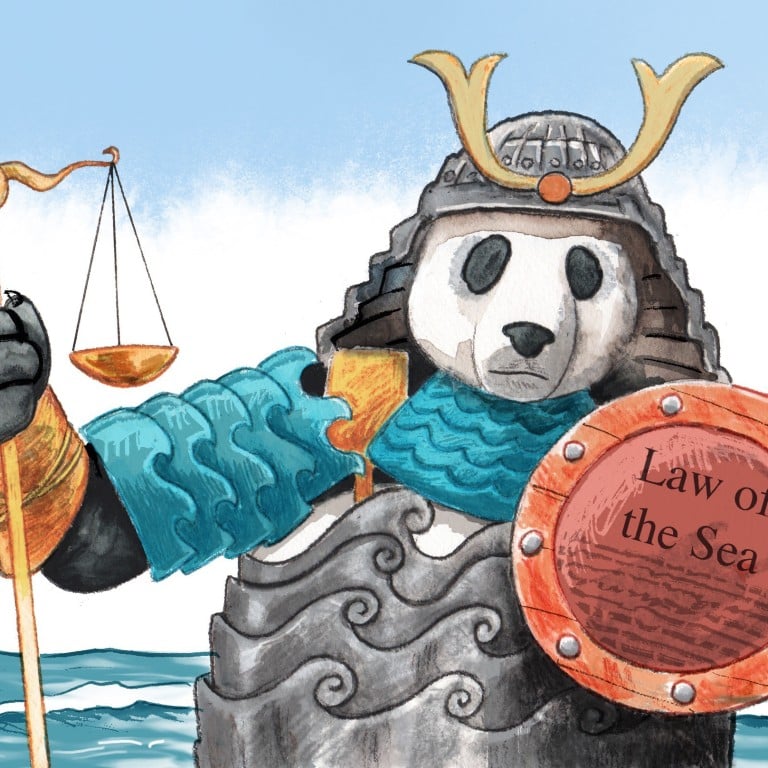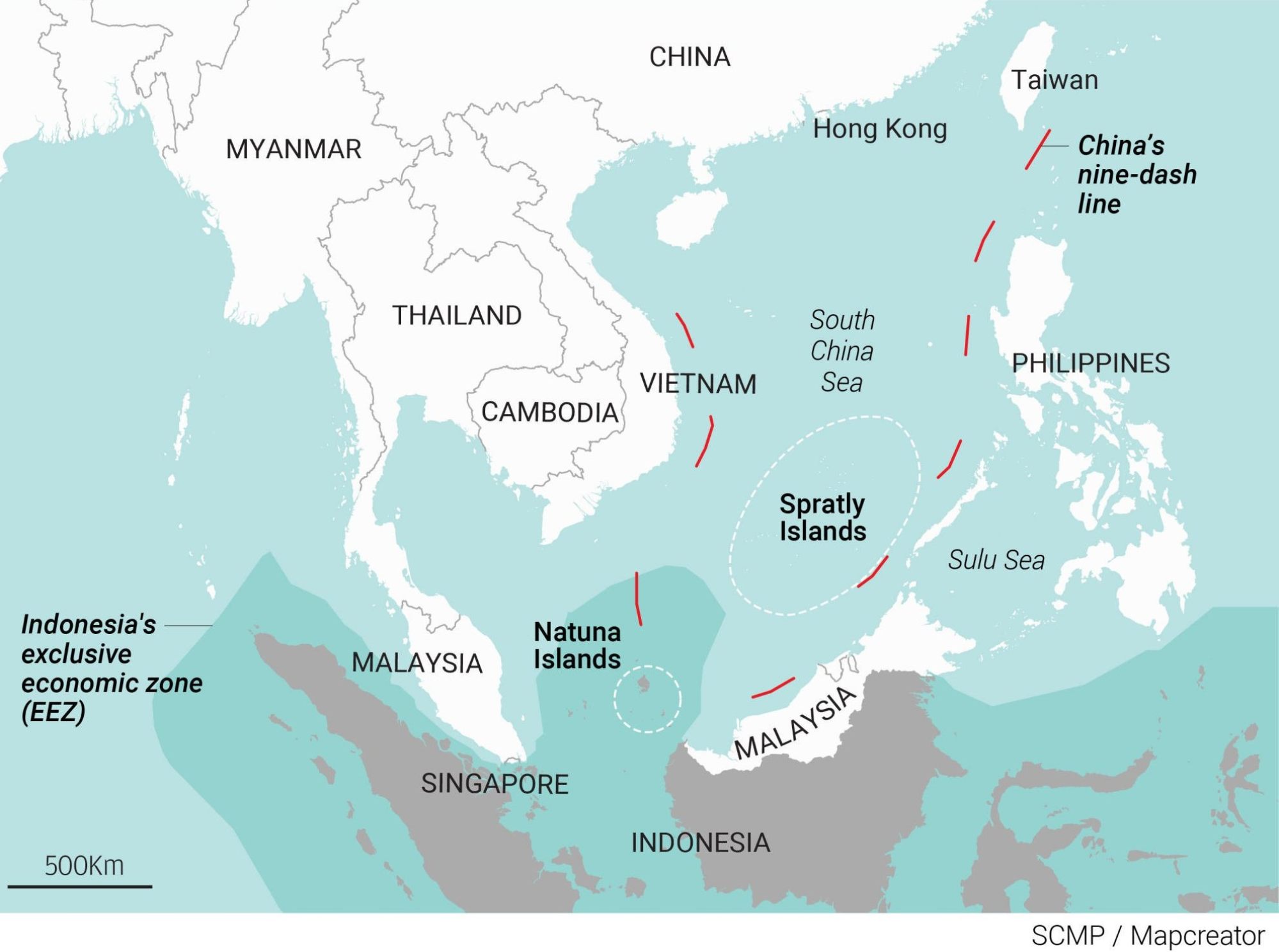
After South China Sea setback, Beijing seeks to arm itself with international law – like the West
- China is learning from Western powers that it can ignore decisions it doesn’t like and manipulate international law – as long as it cultivates an army of patriotic lawyers
Its acceptance of the need to upgrade its capacity in international law is not likely to be driven by a new-found desire to abide by it. Rather, it is likely to stem from more practical political motives, such as defending against its use by Western powers, particularly when it comes to the law of the sea, and an intention to emulate them by using international law to protect China’s interests and achieve its goals.
International law is a set of rules, norms and standards governing the conduct of states and their relations with each other. It is guided by treaties and conventions, customs (state practices), general principles of law, and judicial decisions and teachings.
Moreover, there is no universal supranational enforcement mechanism. Indeed, some cynics describe international law as “the arms of politics”: where nations use self-serving interpretations and practices to achieve their political goals.
During the Cold War, when some developing countries wanted to restrict the entry of foreign navies to their territorial seas, the US and Soviet Union issued a joint statement clarifying and cementing their interpretation of Unclos that they could not do that.

In doing so, China is merely following the examples of the West, particularly the US. America even transgresses the UN Charter’s prohibitions on threat or use of force and its duty to respect other states’ sovereignty, territorial integrity and political independence.
Unsurprisingly, China views much of the international legal system as being created and manipulated by the West to its detriment and that of developing countries.
China would like to change those aspects used against it or interpret them in its favour. In this, it could borrow from the US playbook, persuading like-minded countries to issue a joint Unclos interpretation that opposes compulsory arbitration or broadens the exceptions.

It could also forge a multinational statement opposing the arbitration panel’s unpopular decision on the South China Sea, which essentially says that only features with a history of a self-sustaining indigenous population are legal islands generating exclusive economic zones. Raising the status of international law studies and its role in international relations may help accomplish this.
It decrees that legal education and research must always align with the “correct” political direction, and requires legal education institutions, teachers, students and researchers to take a clear stance on principled issues and major issues, and to formally oppose and reject Western views.
China’s ‘two sessions’ 2023: new laws to counter foreign sanctions planned
Here, China is only stating a counter bias to that of most Western government lawyers. One just has to think about the public actions and words of many international lawyers, especially those in government service. They are paid to represent the interests of their client – the government they work for, not to be objective or balanced.
I know this first-hand from interacting with US Navy and US State Department lawyers on Unclos, a convention the US has failed to ratify but which its lawyers freely cite and interpret to the US’ advantage.
China has competent Western-educated international lawyers, well-versed in the law of the sea but it needs more and must make better use of them in policymaking. Most are in academia or think tanks, not in important government positions, and in China, there is a general disconnect between academics and government officials.
Like many of their Western counterparts, on issues that concern national interests, Chinese academics know which side their bread is buttered and use international law to support the government position. Of course, like the US, China will still need an unblinkered in-house analysis of the issues to determine the best legal strategy to promote national interests.
In sum, this new decision indicates that China has caught on and intends to catch up. For the West, the chickens are coming home to roost.
Mark J. Valencia is a non-resident senior research fellow at the Huayang Institute for Maritime Cooperation and Ocean Governance

